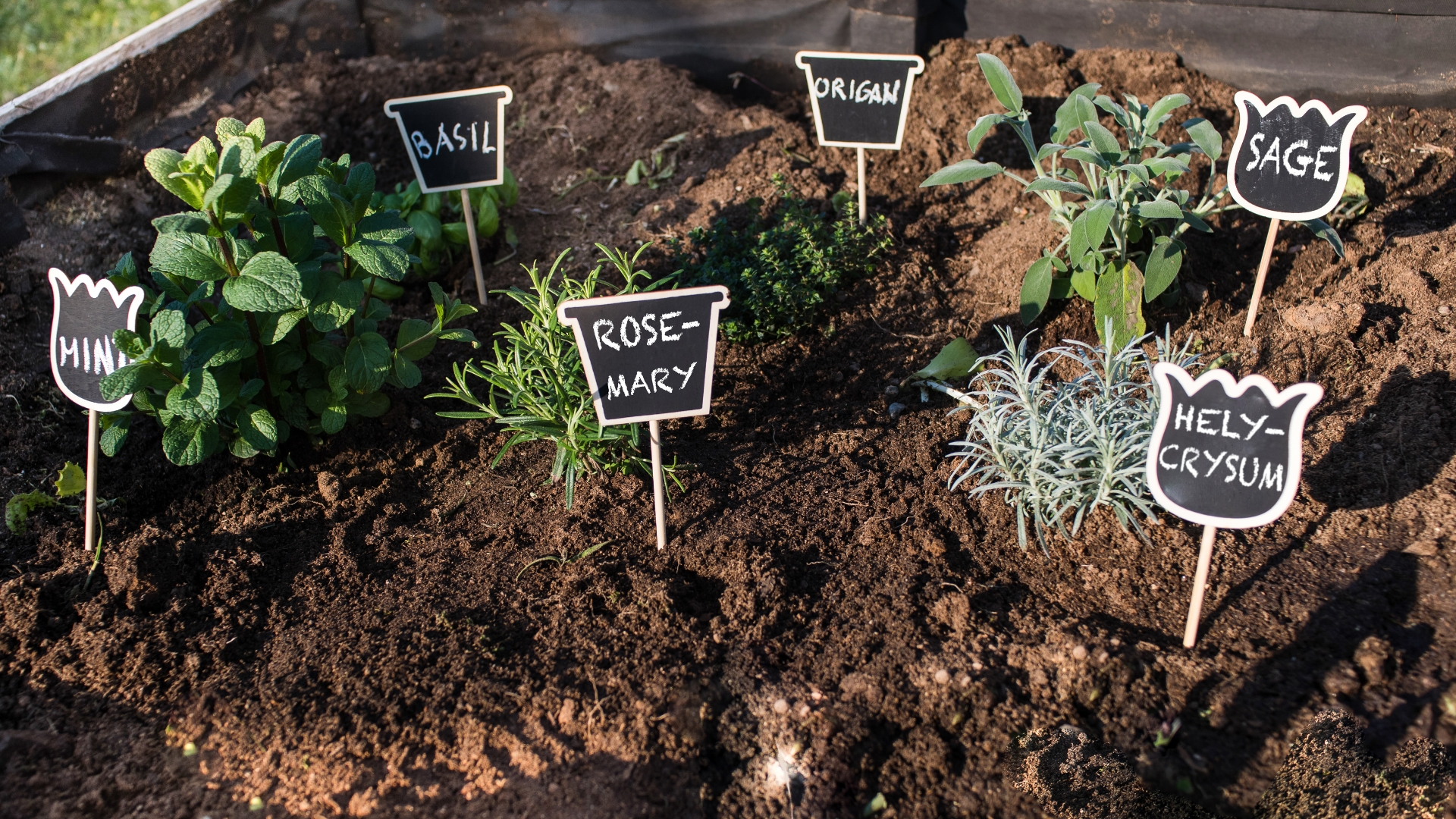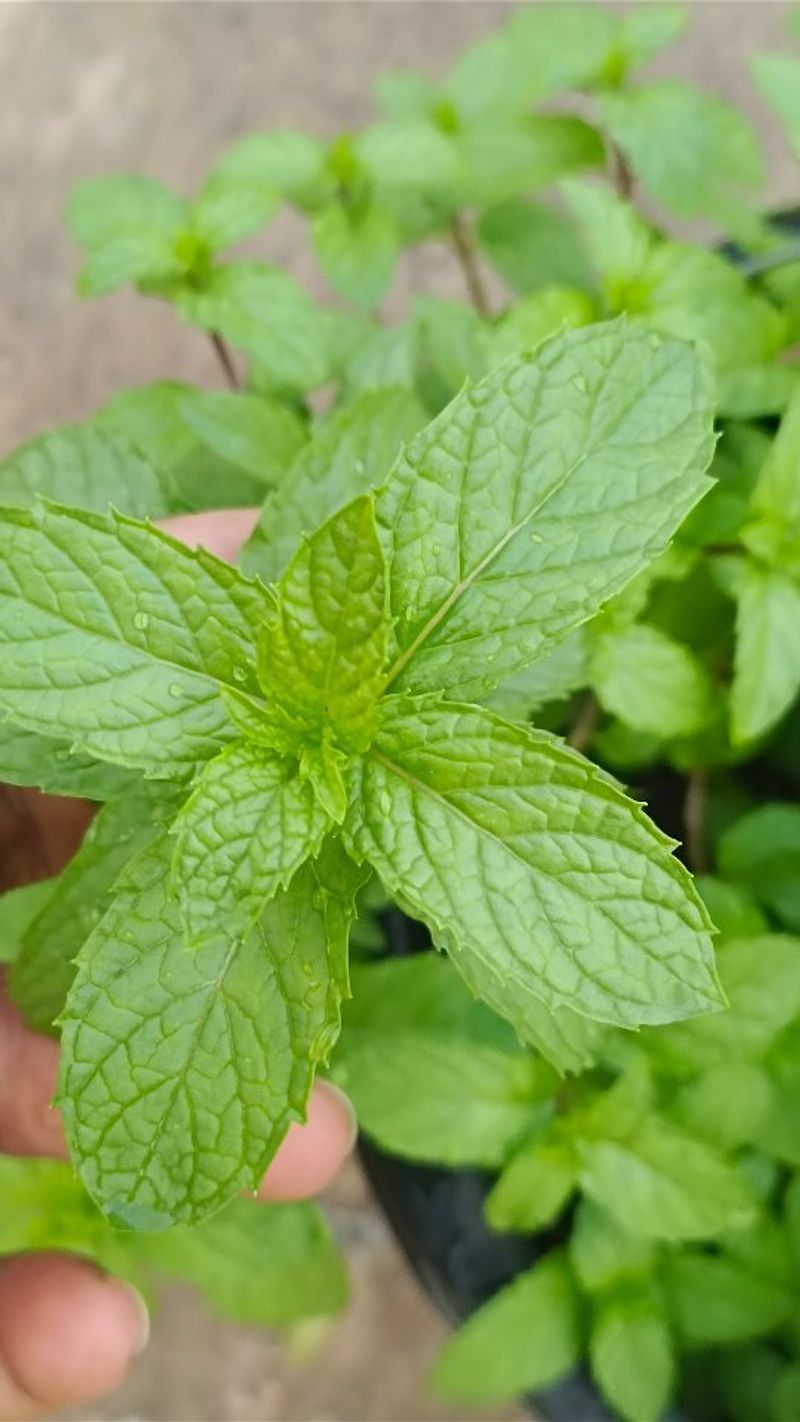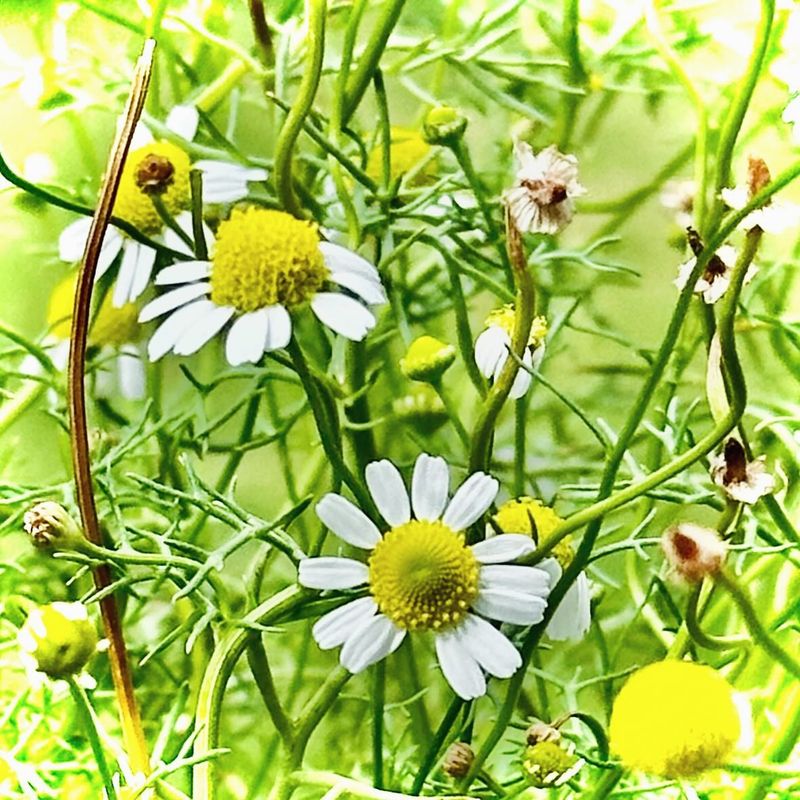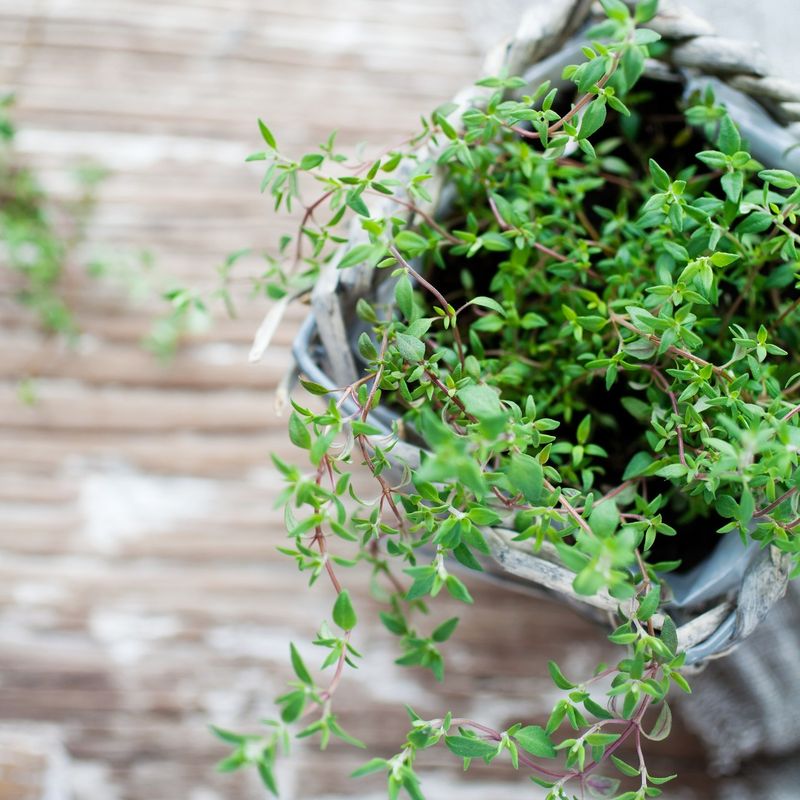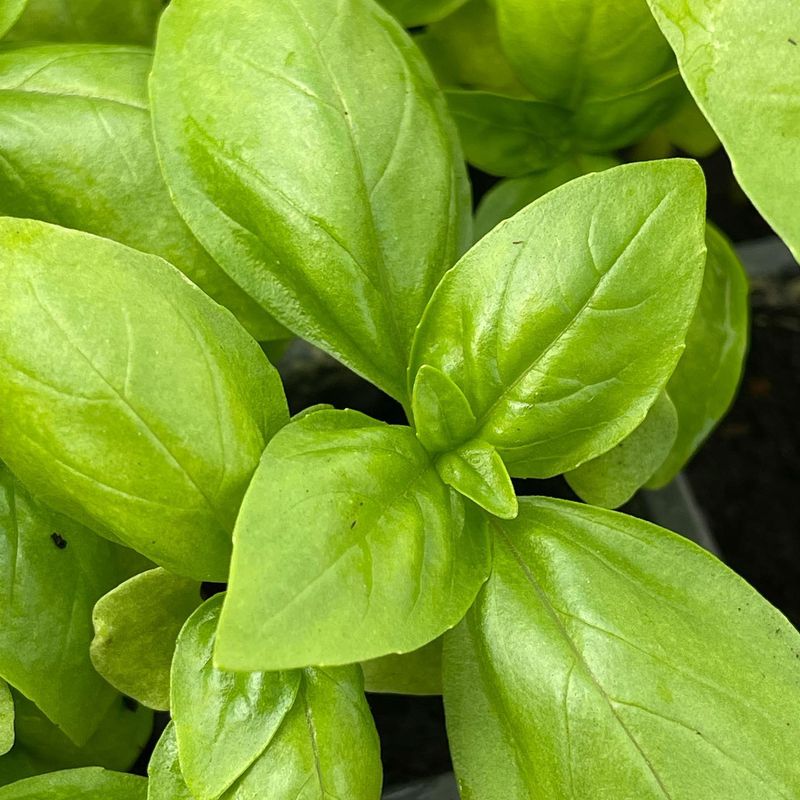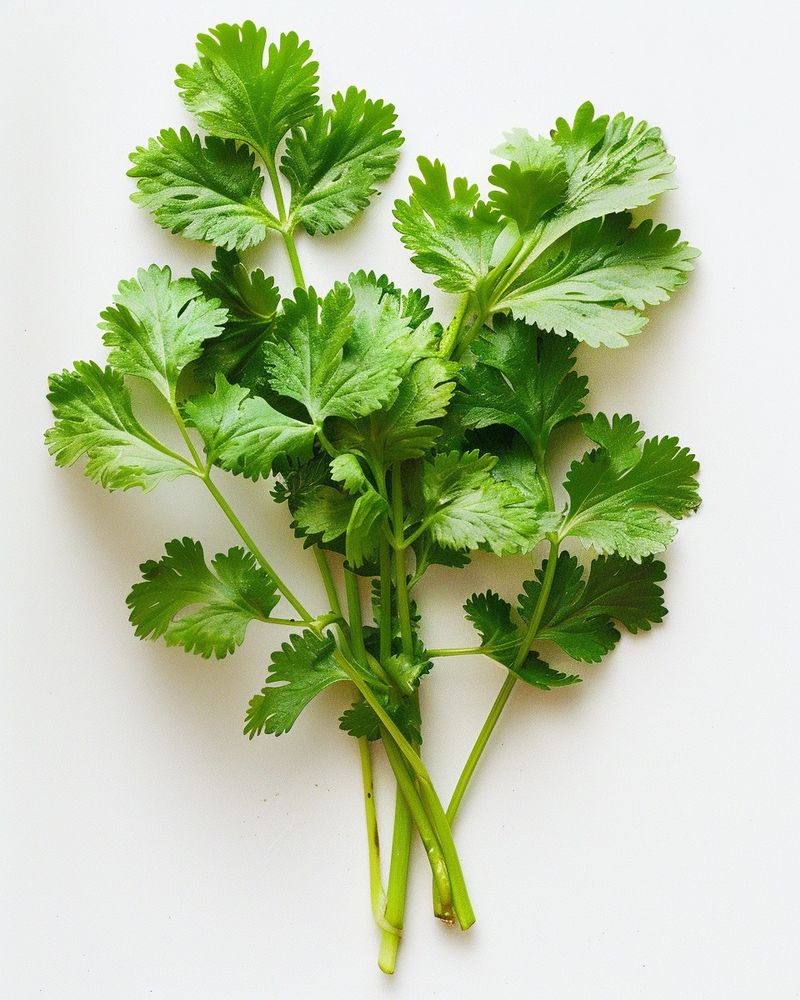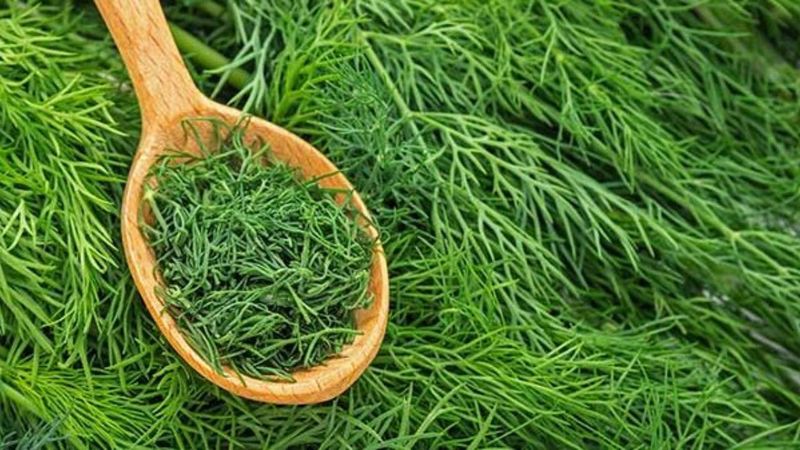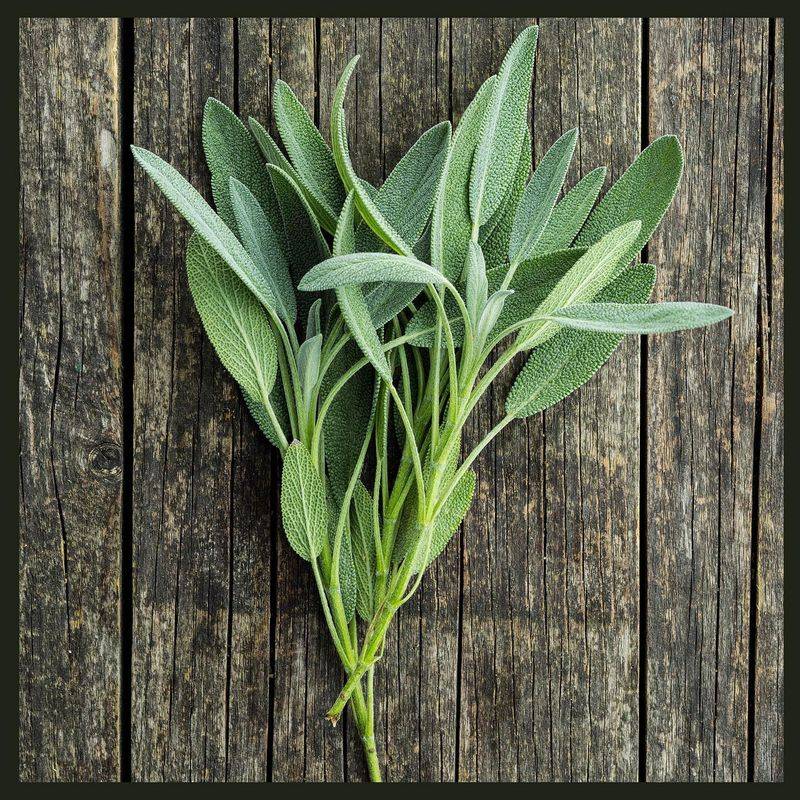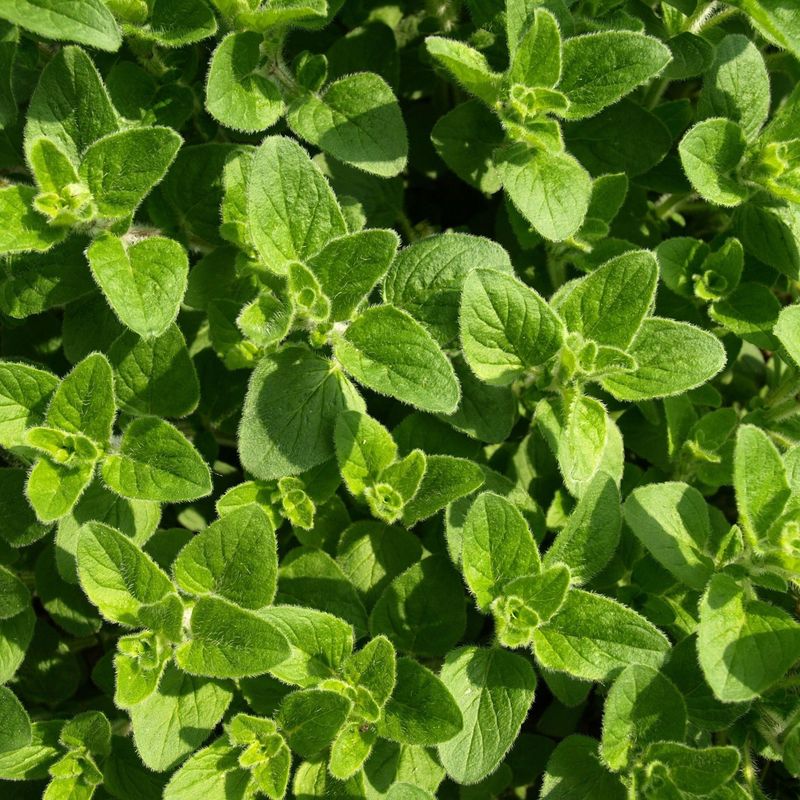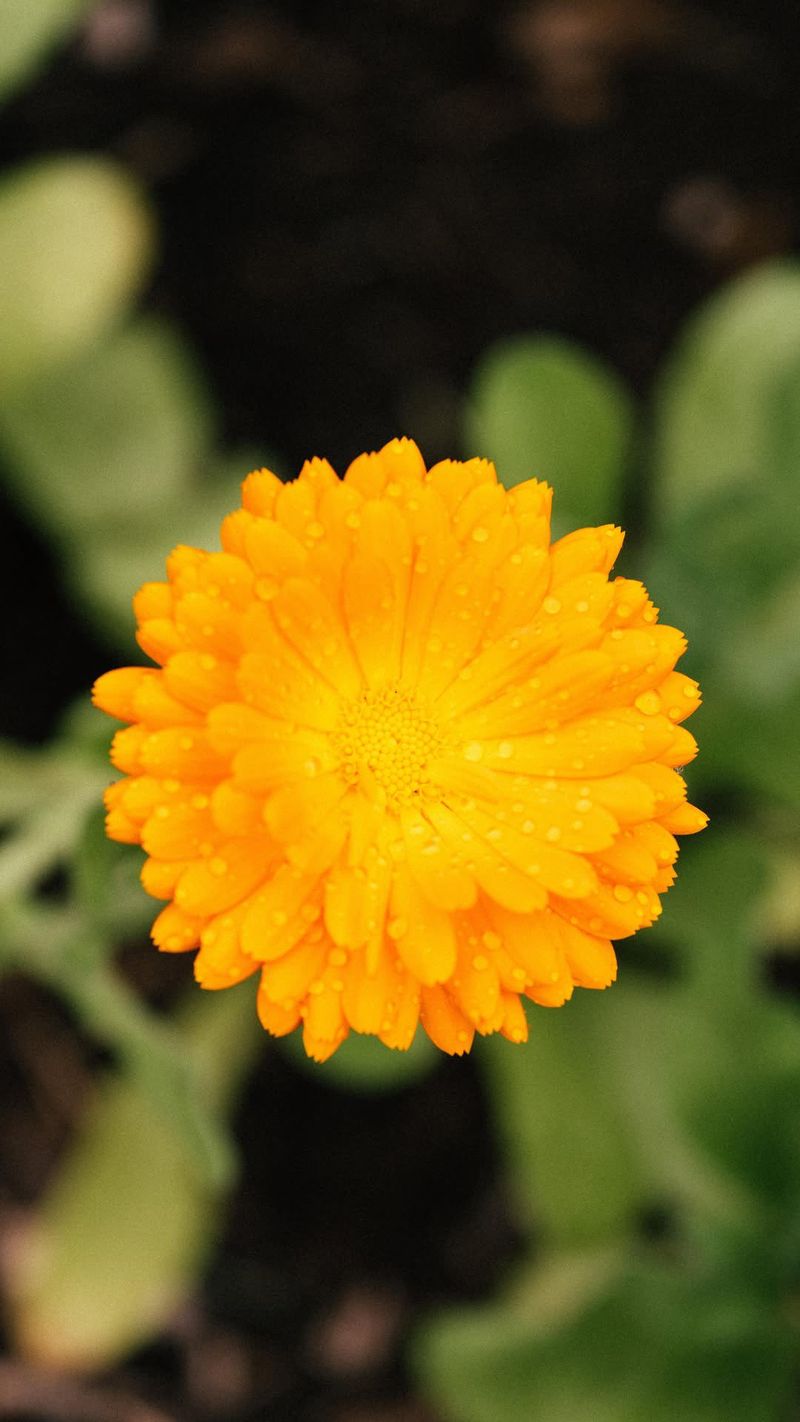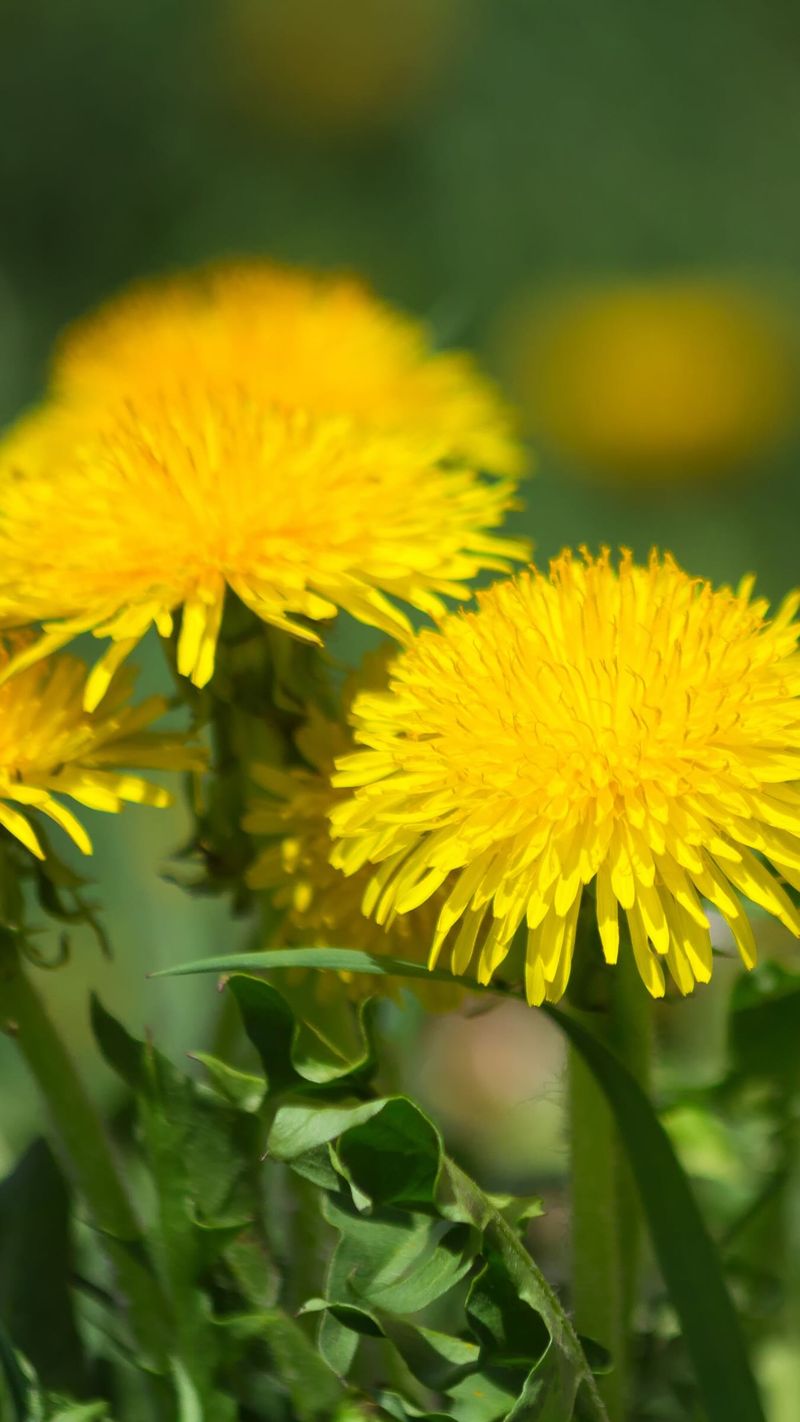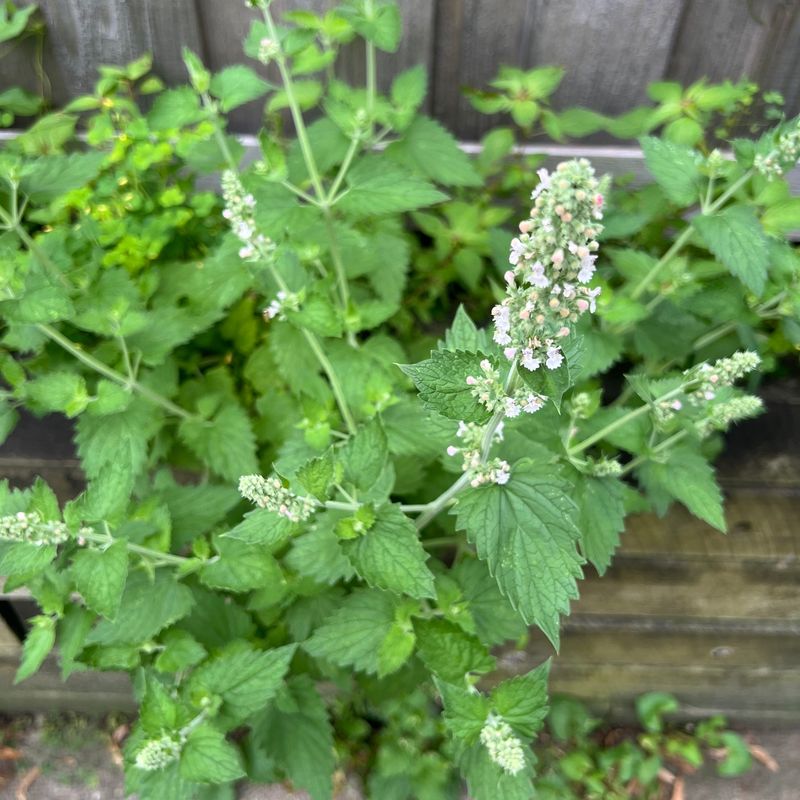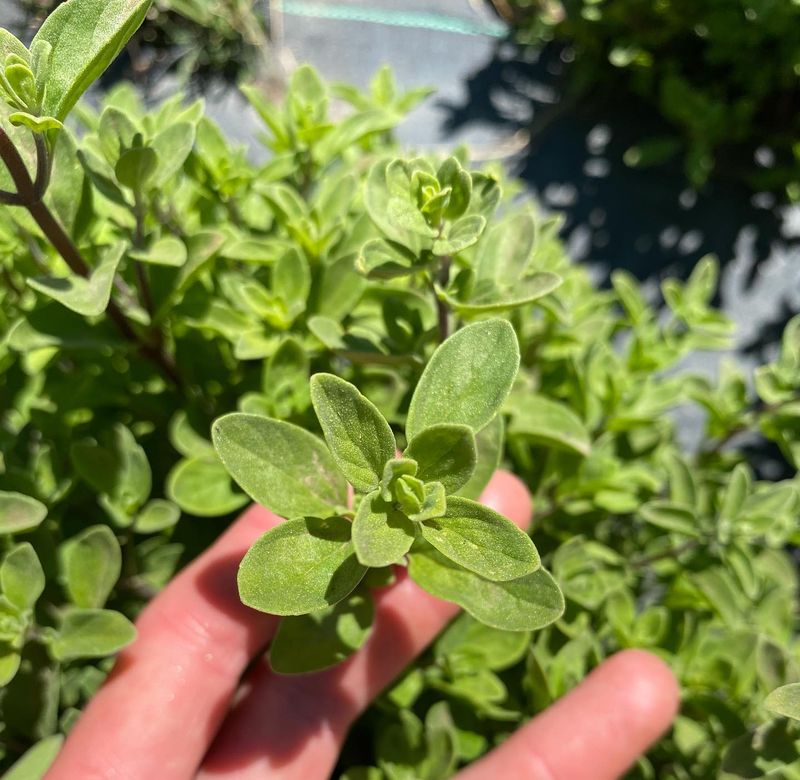If you’re looking for a way to boost your digestive health, these 20 powerful herbs are a great place to start.
Growing them at home gives you easy access to fresh, natural remedies that support your gut and overall well-being. These herbs aren’t just great for digestion—they’re also perfect for adding flavor and variety to your meals.
With a little care, you’ll have your very own garden full of digestive helpers. Let’s take a look at the herbs that can transform the way you feel every day!
1. Peppermint
This cooling herb works wonders for indigestion and bloating. The natural menthol relaxes your stomach muscles and improves bile flow, helping food move through your stomach faster.
Many people don’t realize that peppermint grows like a weed in most gardens! Give it a container though—this spreading plant can take over your entire herb garden if left unchecked. Fresh leaves make a delicious tea that calms upset stomachs within minutes.
2. Ginger
Nothing beats fresh ginger for settling queasiness. This knobby root has been used for thousands of years to calm upset stomachs, reduce nausea, and stimulate sluggish digestion.
Starting ginger at home is surprisingly easy. Plant a piece from your kitchen with a few growth buds in a wide, shallow pot. The tropical plant thrives in warm, humid conditions and partial shade. Harvest small pieces as needed while letting the main root continue growing.
3. Fennel
Sweet and licorice-like, fennel seeds have been chewed after meals for centuries. The plant’s essential oils stimulate digestive juices while reducing gas and bloating—perfect for those uncomfortable after-dinner moments.
The feathery fronds look beautiful in any garden, reaching up to 5 feet tall with yellow flower clusters. Every part is useful—bulb, stems, leaves and seeds. Start from seeds in spring and give plants plenty of sun and well-drained soil for best results.
4. Chamomile
Those adorable daisy-like flowers aren’t just pretty—they’re powerful medicine! Chamomile soothes inflammation throughout the digestive tract and relieves cramping with its gentle antispasmodic properties.
Grow German chamomile for the highest medicinal content. The delicate plants produce abundant flowers throughout summer when given full sun. Simply snip the flower heads when they’re fully open and dry them for tea. One plant yields countless cups of stomach-soothing goodness all season long.
5. Lemon Balm
The refreshing citrus scent reveals this herb’s mood-lifting powers. Those same compounds help relieve digestive discomfort, particularly when stress is the trigger for your tummy troubles.
A member of the mint family, lemon balm grows vigorously in most conditions. Morning harvest provides the strongest flavor and medicinal benefits. Fresh leaves make a delightful iced tea that soothes digestion while calming your nervous system—addressing both the symptoms and causes of digestive distress.
6. Thyme
Beyond its culinary fame, thyme packs serious digestive benefits. The herb’s essential oils are naturally antimicrobial, helping balance gut bacteria while reducing gas and bloating after meals.
Low-growing thyme fits perfectly in small spaces or containers. The hardy perennial thrives in poor soil and needs minimal water once established. Harvest sprigs throughout the growing season, using fresh for cooking or drying bundles for winter use. Regular pruning keeps plants bushy and productive year after year.
7. Rosemary
This aromatic evergreen stimulates bile production, helping your body break down fats more efficiently. The result? Easier digestion of rich meals and less uncomfortable fullness afterward.
Rosemary’s woody stems and needle-like leaves add year-round structure to herb gardens. The Mediterranean native loves sunny, dry conditions and well-drained soil. Potted plants can be brought indoors during harsh winters. Regular harvesting promotes bushier growth and prevents the plant from becoming woody and unproductive.
8. Basil
Sweet basil isn’t just for pasta sauce! This beloved herb reduces gas, bloating, and stomach cramps thanks to its natural volatile oils. It even helps stimulate appetite when digestive issues have you feeling too full to eat.
Grow basil in a sunny spot with rich, moist soil. Regular harvesting encourages bushier growth—pinch off flower buds to extend the growing season. The tender annual can’t tolerate cold, so plant after all danger of frost has passed or keep pots indoors on bright windowsills.
9. Cilantro
Love it or hate it, cilantro offers impressive digestive benefits. The herb stimulates digestive enzymes while its natural antimicrobial properties help fight food-borne bacteria that cause stomach upset.
Quick to grow and quick to bolt, cilantro needs succession planting every few weeks for continuous harvest. The plant prefers cool weather, making it perfect for spring and fall gardens. Save the seeds (known as coriander) which have their own powerful digestive benefits, especially for relieving gas and bloating.
10. Dill
Grandma was right about dill’s tummy-taming powers! The herb increases digestive juices while relaxing the smooth muscles of your digestive tract, making it especially helpful for infant colic and adult indigestion alike.
Tall and feathery, dill adds vertical interest to any garden. Direct-sow seeds after frost danger passes and thin seedlings to allow proper air circulation. The plant attracts beneficial insects like butterflies and predatory wasps that help control garden pests naturally while you grow your digestive medicine.
11. Sage
This velvety-leaved herb reduces excess stomach acid and soothes inflammation throughout the digestive tract. Sage tea after heavy meals helps prevent that uncomfortable overstuffed feeling and promotes better nutrient absorption.
The gray-green perennial shrub thrives with minimal attention. Drought-tolerant once established, sage prefers full sun and well-drained soil. Harvest leaves before flowering for maximum flavor and medicinal value. Prune plants back in spring to prevent them from becoming woody and sparse in the center.
12. Lavender
Beyond its calming aroma, lavender helps relieve digestive discomfort. The herb relaxes tense digestive muscles and reduces inflammation, making it especially helpful for stress-related digestive issues.
Give lavender the Mediterranean conditions it craves—full sun and well-drained soil. The woody perennial doesn’t like wet feet or humid conditions. Harvest flower spikes when they’re just beginning to open for the strongest flavor and medicinal properties. Dry bundles upside down in a dark, airy location.
13. Oregano
This pizza topping superstar doubles as digestive medicine. Oregano’s potent antimicrobial properties help balance gut bacteria while relieving gas, bloating and indigestion after meals.
The spreading perennial forms a dense, aromatic ground cover in sunny spots. Plant in well-drained soil and harvest stems just before flowering for maximum flavor. Greek oregano offers the strongest medicinal benefits compared to milder varieties. The herb dries beautifully, retaining its digestive properties for months of winter use.
14. Marshmallow
Not the campfire treat! This medicinal herb produces a soothing mucilage that coats and protects irritated digestive tissues. It’s especially helpful for acid reflux, gastritis, and inflammatory bowel conditions.
The tall perennial produces lovely pale flowers above velvety leaves. Plant in a moist spot with partial shade—marshmallow appreciates more water than many other medicinal herbs. Harvest roots from three-year-old plants in fall for the highest mucilage content. Leaves can be gathered throughout the growing season.
15. Calendula
Those cheerful orange and yellow flowers hold powerful anti-inflammatory properties. Calendula soothes irritated digestive tissues while promoting healing—particularly helpful for ulcers, gastritis, and inflammatory bowel conditions.
Easy to grow from seed, calendula blooms abundantly with minimal care. The annual reseeds readily in most gardens. Harvest fully opened flower heads and dry them for tea or herbal preparations. Regular picking encourages continuous blooming from spring through fall in most climates.
16. Dandelion
That persistent lawn weed is actually premium digestive medicine! Dandelion stimulates bile production, helping your body break down fats while supporting liver function—your digestive system’s most important ally.
No need to plant this one—just stop spraying! Harvest young leaves for salads before flowers appear for the mildest flavor. Dig roots in fall when their medicinal compounds are most concentrated. Every part of this common plant supports digestive health, from relieving constipation to improving nutrient absorption.
17. Anise
The licorice-flavored seeds have soothed digestive discomfort for centuries. Anise relieves gas, bloating, and indigestion while stimulating appetite—perfect for recovering from stomach bugs or digestive flare-ups.
The delicate, ferny plants resemble Queen Anne’s lace with their white flower umbels. Start seeds directly in the garden after frost danger passes. Plants need full sun and well-drained soil. Harvest seed heads when they turn brown but before they shatter, hanging entire stems upside down to collect the valuable seeds.
18. Catnip
While cats go crazy for it, humans benefit from catnip’s calming digestive properties. The herb relaxes digestive cramping and reduces gas while soothing stress-related digestive issues.
This mint family member grows vigorously in average garden soil. Consider containing it to prevent spreading. The gray-green leaves can be harvested throughout the growing season. Dry bundles in a dark, airy location for winter use. Fresh or dried, catnip makes a pleasant-tasting tea that calms both mind and digestive system.
19. Meadowsweet
Nature’s original aspirin contains compounds that reduce inflammation throughout the digestive tract. Unlike pharmaceutical versions, meadowsweet actually protects the stomach lining while relieving pain and discomfort.
The perennial produces clusters of creamy white flowers atop tall stems. Plant in a moist spot with partial shade—meadowsweet appreciates more water than many herbs. Harvest flowering tops when blooms are fully open. The pleasant almond-like scent reveals the plant’s salicylic acid content—the same compound found in aspirin.
20. Marjoram
Oregano’s gentler cousin offers impressive digestive benefits. The herb stimulates digestive juices while reducing gas and bloating. Its gentle antispasmodic properties help relieve stomach cramps and digestive discomfort.
The tender perennial grows easily in containers or garden beds. Give plants full sun and well-drained soil. In cold climates, bring potted plants indoors for winter. Harvest stems before flowering for the best flavor and medicinal properties. Regular trimming encourages bushier growth and more abundant harvests throughout the season.

